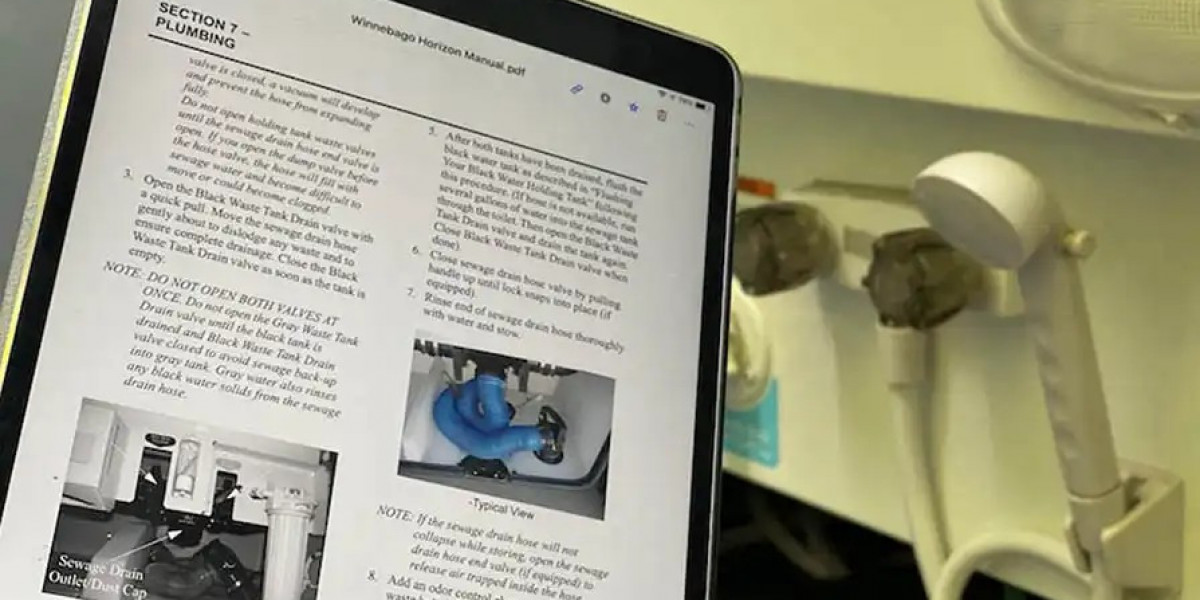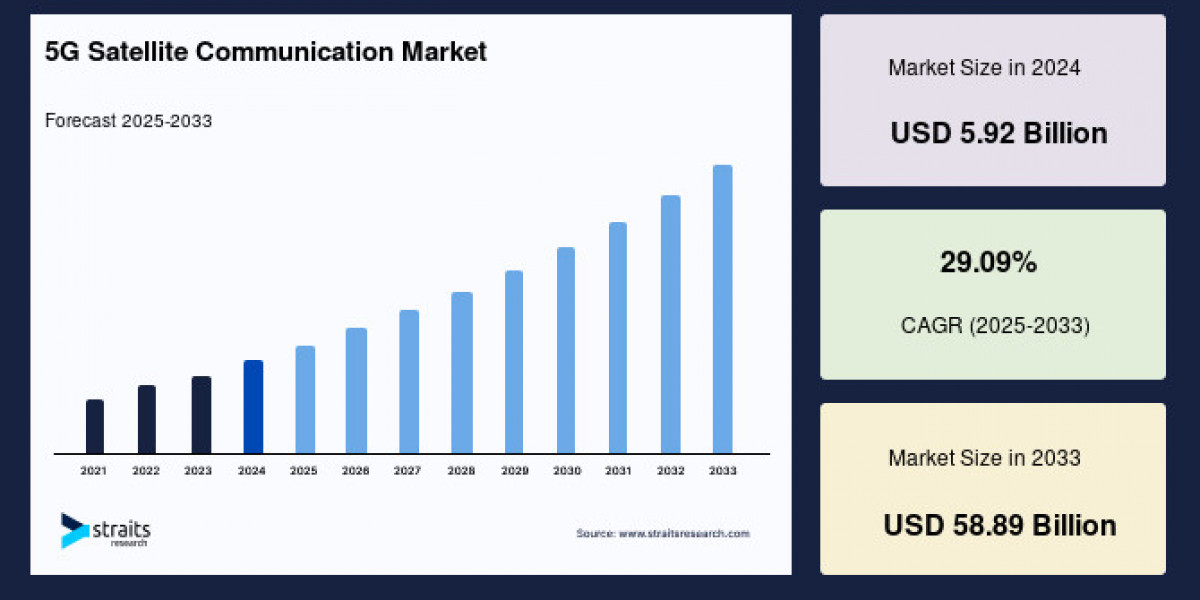But with the DeLOCK USB hub, some users find compatibility problems that can be confusing and frustrating. From devices not being recognized to slower transfer speeds, the issues vary depending on the operating system, connected hardware, and even the power supply. In this article, I’ll explore why these problems happen, how to fix them, and share a personal account of dealing with a troublesome hub.
Why Compatibility Issues Appear
The DeLOCK USB hub is designed to support a wide range of devices, but not every setup works seamlessly. Common causes of issues include:
Power limitations: High-demand devices like external drives need more power than the hub can provide.
Driver conflicts: Some operating systems fail to automatically configure the hub.
Version mismatches: USB 3.0 hubs don’t always play nicely with older USB 2.0 devices.
Cable quality: Poor or damaged cables can cause intermittent connections.
The DeLOCK hub is versatile, but understanding these potential pitfalls is key to smooth operation. The official Manuals often mention system requirements, yet many users overlook these details until problems arise.
Common Symptoms and Fixes
Device Not Recognized
One of the most frequent complaints is that devices connected through the hub simply aren’t detected by the computer. In such cases:
Test the device directly on a laptop port to confirm it works.
Ensure the hub is plugged into a powered USB port, not a low-power port on a docking station.
If still unrecognized, try reinstalling USB drivers.
A similar situation happened to my cousin. His external SSD refused to mount when connected through the hub. After checking the product guide on ManyManuals, he discovered that the hub required an external power adapter for high-speed storage devices. Once he added the adapter, the SSD worked flawlessly.

Slow Transfer Speeds
Another issue is reduced data transfer speeds. A hub with multiple devices can only distribute available bandwidth. To fix this:
Connect heavy-usage devices like drives to the fastest ports on the hub.
Avoid running several large transfers at once.
Update drivers if the hub is not recognized as a USB 3.0 device.
I once connected a DeLOCK USB hub to an older desktop, only to notice painfully slow speeds. A quick look at the specs in the Manuals reminded me that one port was USB 2.0 only. Switching ports solved the issue immediately.
Charging Problems
Some users expect the DeLOCK hub to charge devices like tablets or smartphones while also handling data. But hubs are not always designed to provide high current. If charging fails:
Use a hub with external power supply.
Check whether your hub model supports charging at all.
Consult product details on ManyManuals to confirm supported features.
Random Disconnections
If devices disconnect at random, it could be due to loose connections or insufficient power. Replacing the USB cable between the hub and computer often resolves this. According to troubleshooting notes I found on ManyManuals, using a shorter cable minimizes signal loss and ensures stable performance.
Frequently Asked Questions
Why doesn’t my DeLOCK USB hub work with older devices?
Older devices may not support the protocols of newer hubs. Using backward-compatible cables and drivers can help.
Can I use the hub on both Windows and macOS?
Yes, DeLOCK hubs are designed to work across systems, but macOS sometimes requires additional permissions for external drives.
Does every DeLOCK hub support charging?
No. Some models focus on data transfer only. Checking the specifications in the product Manuals is essential before expecting charging capability.

Why is my external hard drive clicking when connected through the hub?
That usually signals insufficient power. Use an external power adapter for the hub or connect the drive directly to the computer.
How do I update drivers for the hub?
Drivers are usually handled by the operating system, but in some cases, manufacturer-specific drivers are available. Searching through documentation on ManyManuals can point you to the right downloads.
A Real Experience with Compatibility Issues
A close friend of mine uses a DeLOCK USB hub for his work setup. Initially, everything worked fine—keyboard, mouse, and USB flash drives all functioned without issues. But when he tried to add an external Blu-ray drive, the hub refused to power it properly. He assumed the drive was faulty.
After a bit of digging, we found guidance on ManyManuals stating that high-power devices require hubs with external power. We ordered the recommended adapter, and the problem vanished instantly.
Later, he encountered another challenge: the hub wouldn’t recognize his wireless dongle for a headset. Searching through community guides on manymanuals.de, we discovered that the dongle required a direct USB 2.0 connection due to interference with USB 3.0 ports. Plugging it into a different slot fixed the issue.
These small adjustments turned what looked like hardware defects into simple compatibility lessons.
Preventing Future Problems
Always check product specifications in the official Manuals before connecting demanding devices.
Keep drivers and operating systems updated.
Use powered hubs for storage devices and charging.
Avoid overloading the hub with too many high-bandwidth peripherals.
Replace cables regularly to avoid signal loss.
Why Documentation Helps
USB hubs seem like plug-and-play devices, but compatibility can be tricky. Having the right documentation is critical. Resources like ManyManuals and manymanuals.de provide user experiences, troubleshooting diagrams, and detailed specifications that are often easier to understand than short manufacturer pamphlets.
By relying on proper guidance, most DeLOCK USB hub issues can be solved quickly at home. With the right setup and a bit of patience, these hubs remain reliable tools for expanding connectivity without frustration.







